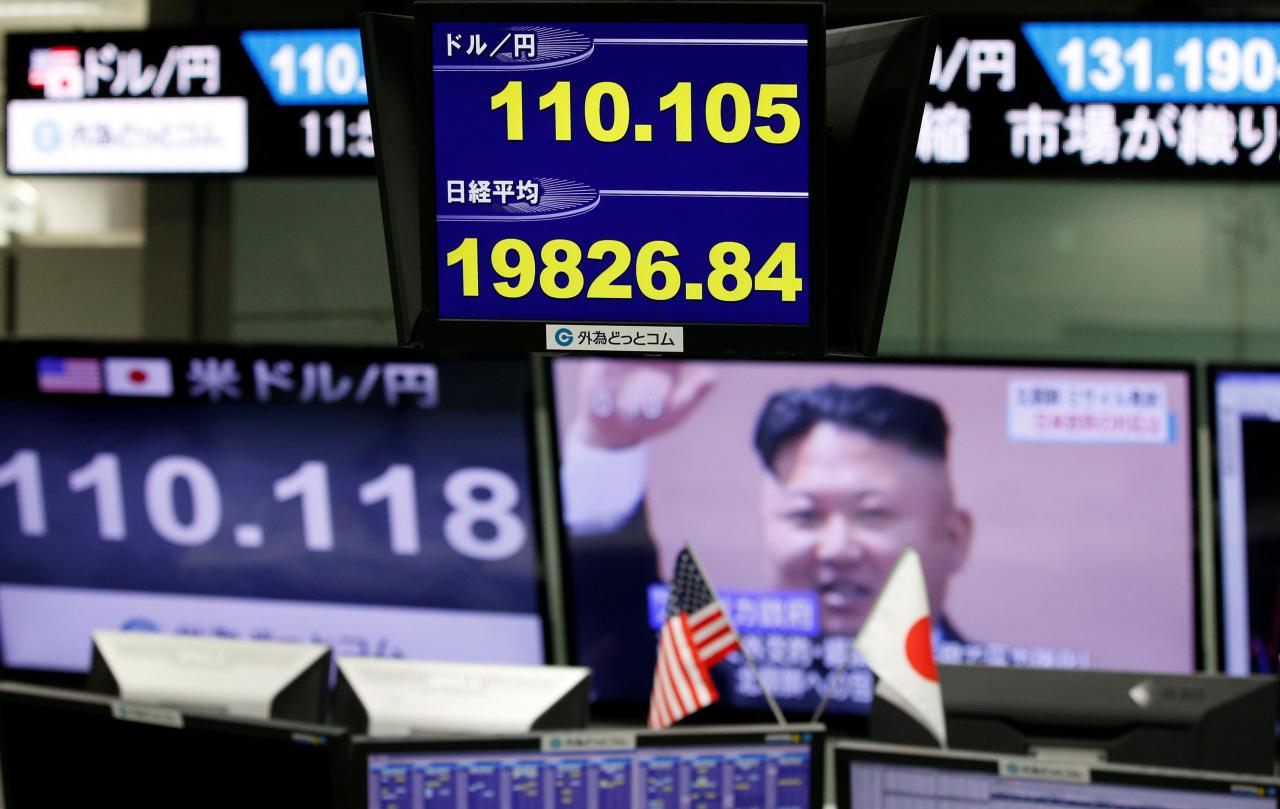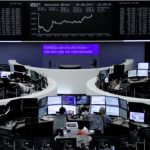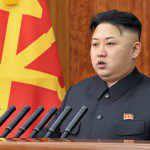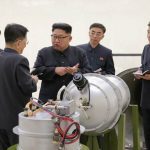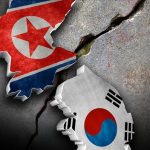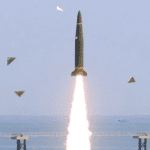World stocks and the euro fell for a fourth day on Tuesday, as investors that had piled into both all year took a step back as the list of global uncertainties began to lengthen again.
The list included a new low in U.S. and North Korean relations, a jolt to the right in German politics, rising oil prices, falling tech stocks and the prospect of signals later from the ECB and Federal Reserve on their next moves.
Asian stocks wilted in line with Wall Street overnight and European bourses <0#.INDEXE> struggled too, despite solid French data and a new one-month low for the euro which has been helping the bloc’s stocks in recent days. [.EU]
The yen, which traditionally performs strongly in jittery markets, was beginning to fade meanwhile having gone as high as 111.550 yen to the dollar as gold also dropped off a 1-week high it had hit on Monday.
That came after North Korea’s foreign minister said a tweet by U.S. President Donald Trump that “little Rocket Man” might not be around for too long amounted to a declaration of war.
“I think we have a classic case of risk-on, risk-off across markets,” said Saxo Bank’s head of FX strategy, John Hardy.
“There is a lot being attributed to North Korea but I think there are a lot of other factors here,” he added, citing the drop in Apple and big U.S. tech stocks and the weekend German elections that saw a far-right party enter parliament.
Support for Chancellor Angela Merkel’s conservatives, which won the election, unexpectedly slumped too to its lowest level since 1949.
The euro slipped as far as $1.1811 in morning trade in London, its weakest since Aug. 25, after falling around 0.9 percent on Monday – its heaviest one-day loss since December. [/FRX]
French President Emmanuel Macron, who wants to overhaul the European Union’s single currency zone and whose ideas include creating a euro zone budget and finance minister, will lay out his plans in Paris later.
Yet again though, the bond market’s reaction to the latest escalation in tension between North Korea and the U.S. proved short-lived.
Yields on U.S. Treasuries and German Bunds fell to a day’s low follow North Korean Foreign Minister’s Ri Yong Ho comments on Trump’s tweet. Both traded back up early on Tuesday in what analysts say reflects a widespread belief that diplomacy will prevail. All other euro zone bond yields were also a touch higher.
RATE EXPECTATIONS
A speech from Fed chair Janet Yellen, due at 1645 GMT and titled “prospects for growth: reassessing the fundamentals”, was also coming into focus.
Investors will be parsing her words, and those of other Fed officials for clues on whether the U.S. central bank will stick to plans to raise interest rates in December.
“Investors are not fully up to speed with the risk of hawkish signals from Fed officials,” Mizuho strategist Antoine Bouvet said.
“The Fed is back in a situation where it would want to show optimism at the very least, and the market should be pricing in more hikes in the coming months and quarters than it is currently.”
According to CME’s FedWatch tool, money markets point to a 70 percent chance of a hike in December but only a 20 percent chance of a further hike in March 2018.
Analysts said a rise in oil to a 26-month high, which bolsters inflation, and an upcoming sale of two-year German debt should also keep upward pressure on yields. [O/R]
Brent crude futures dipped fractionally to $58.85 a barrel, having earlier hit $59.49, the highest since July 2015 and more than 34 percent above the 2017 low.
The rise was supported by Turkey’s threat to cut crude exports from Iraq’s Kurdistan region as well as signs that market rebalancing is accelerating.
Turkish President Tayyip Erdogan threatened on Monday to cut off the pipeline that carries 500,000-600,000 barrels of crude per day from northern Iraq to the Turkish port of Ceyhan, intensifying pressure on the Kurdish autonomous region over its independence referendum.
The loss of this supply, combined with the 1.8 million bpd of supply cuts by the Organization of the Petroleum Exporting Countries and non-OPEC producers, has raised concerns of tighter supply.

